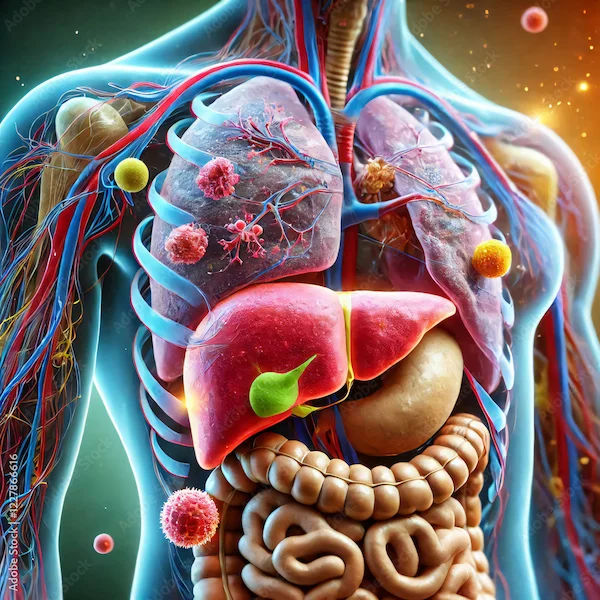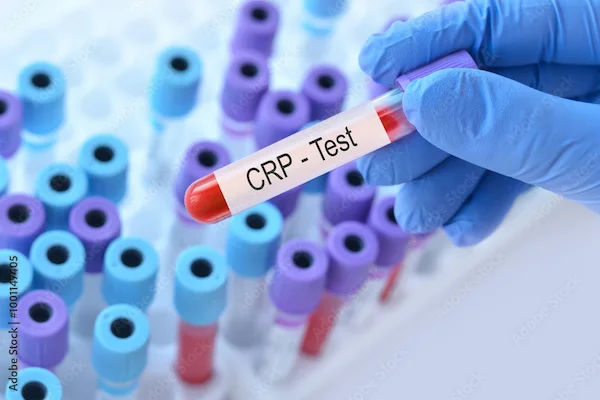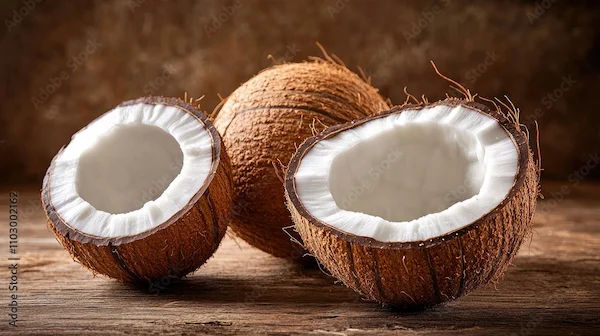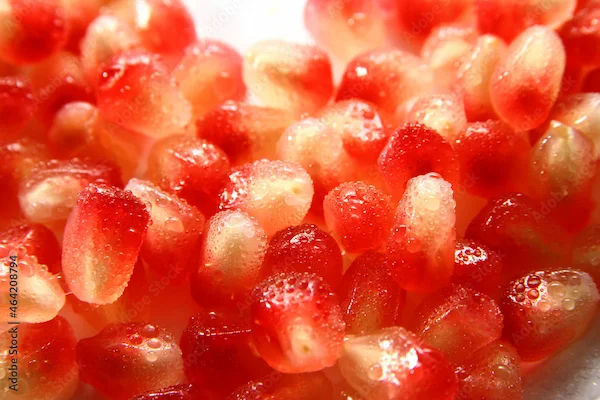Understanding Urine Color and Its Significance
Learn what different urine colors mean, from pale yellow to brown or red. Discover the causes, when to seek medical advice, and how to maintain healthy urine color.


Have you ever looked into the toilet bowl and wondered why your urine is a certain color? The color of your urine can tell you a lot about your health. While it’s normal for urine color to vary slightly from day to day, certain shades can indicate dehydration, infections, or even more serious health conditions. Let’s explore what different urine colors mean and when you should seek medical advice.
What Does Normal Urine Color Look Like?
Healthy urine typically ranges from pale yellow to amber, depending on your hydration levels. The color comes from urochrome, a pigment produced when the body breaks down hemoglobin (a protein in red blood cells).
- Pale Yellow or Transparent: This means you’re well-hydrated.
- Darker Yellow or Amber: Suggests mild dehydration—drink more water!
What Do Different Urine Colors Indicate?
1. Clear or Colorless Urine
- Possible Cause: Drinking too much water.
- What to Do: Reduce water intake slightly—overhydration can dilute essential electrolytes.
2. Dark Yellow or Amber
- Possible Cause: Dehydration, certain vitamins (like B-complex), or medications.
- What to Do: Drink more water. If the color persists despite hydration, consult a doctor.
3. Orange Urine
Possible Causes:
- Dehydration
- Certain medications (like rifampin or phenazopyridine)
- Liver or bile duct issues
- When to Worry: If you notice orange urine without taking any medications, it could indicate liver problems get checked by a doctor.
4. Pink or Red Urine
Possible Causes:
- Eating beets, blackberries, or rhubarb
- Blood in urine (hematuria), which could signal infections, kidney stones, or bladder issues
- When to Worry: If you haven’t eaten red-colored foods and see blood in urine, seek medical attention immediately.
5. Blue or Green Urine
Possible Causes:
- Rare genetic conditions
- Certain medications (like propofol or methylene blue)
- Bacterial infections (Pseudomonas)
- What to Do: If this happens without an obvious cause, consult a doctor.
6. Brown or Tea-Colored Urine
Possible Causes:
- Severe dehydration
- Liver disease (like hepatitis or cirrhosis)
- Muscle breakdown (rhabdomyolysis)
- When to Worry: If accompanied by fatigue, nausea, or jaundice, see a doctor immediately.
7. Cloudy or Foamy Urine
Possible Causes:
- Urinary tract infection (UTI)
- Excess protein in urine (kidney issues)
- What to Do: If cloudiness persists or is accompanied by pain, get tested for infections or kidney function.
Consult Top Specialists
When Should You See a Doctor?
While most changes in urine color are harmless and temporary, you should consult a doctor if you notice:
- Persistent dark urine despite drinking enough water.
- Blood in urine (unless due to menstruation).
- Severe pain while urinating.
- Unusual colors (blue, green, or brown) without any dietary or medication cause.
Tips for Maintaining Healthy Urine Color
1. Stay Hydrated: Drink 6-8 glasses of water daily unless advised otherwise by a doctor.
2. Monitor Diet: Some foods (like beets or asparagus) can change urine color—know what’s normal for you.
3. Check Medications: Some drugs alter urine color—ask your doctor if this is expected.
4. Avoid Overhydration: Clear urine all the time may mean you’re drinking too much water.
5. Get Regular Check-ups: If you have frequent urine color changes, a simple urine test can rule out problems.
Need a Urine Test or Consultation?
If you’re concerned about your urine color, Apollo 24|7 offers easy at-home urine tests and expert consultations. You can:
- Book a urine test to check for infections or kidney function.
- Consult a urologist if you notice persistent changes.
Conclusion
Your urine color is a simple yet powerful indicator of your health. Paying attention to it can help you catch potential issues early. Stay hydrated, eat well, and don’t hesitate to seek medical advice if something seems off!
Would you like to schedule a test or speak to a doctor? Visit Apollo 24|7 today for quick and reliable healthcare support.
Consult Top Specialists
Consult Top Specialists

Dr. Mainak Baksi
General Practitioner
13 Years • MBBS , MD (MPH)
Howrah
Mainak Baksi Clinic, Howrah
(50+ Patients)

Dr Suseela
General Physician
5 Years • MBBS
Bengaluru
Apollo Medical Center, Marathahalli, Bengaluru

Dr. Rajib Ghose
General Practitioner
25 Years • MBBS
East Midnapore
VIVEKANANDA SEBA SADAN, East Midnapore
Dr. Gaddam Manoj
General Practitioner
1 Years • MBBS
Hyderabad
Aaradhya clinic, Hyderabad

Dr. Dixant Chhikara
General Practitioner
4 Years • MBBS
Delhi
SKYNN CARE, Delhi
Consult Top Specialists

Dr. Mainak Baksi
General Practitioner
13 Years • MBBS , MD (MPH)
Howrah
Mainak Baksi Clinic, Howrah
(50+ Patients)

Dr Suseela
General Physician
5 Years • MBBS
Bengaluru
Apollo Medical Center, Marathahalli, Bengaluru

Dr. Rajib Ghose
General Practitioner
25 Years • MBBS
East Midnapore
VIVEKANANDA SEBA SADAN, East Midnapore
Dr. Gaddam Manoj
General Practitioner
1 Years • MBBS
Hyderabad
Aaradhya clinic, Hyderabad

Dr. Dixant Chhikara
General Practitioner
4 Years • MBBS
Delhi
SKYNN CARE, Delhi




